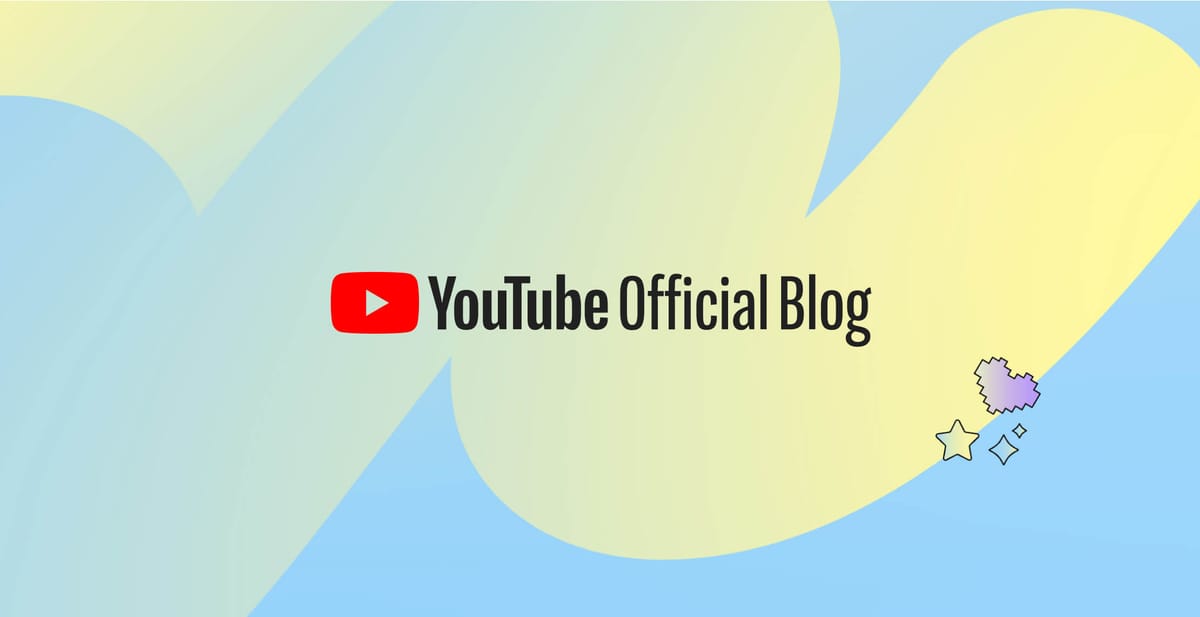
Last month, YouTube expanded its privacy protection to cover AI-generated content. Users can now ask YouTube to take down videos that use artificial intelligence to fake their face or voice without permission.
This builds on YouTube's AI policies which they announced last November. As AI content becomes more common, YouTube wants to give people ways to report when their image or voice shows up without their okay.
Deepfakes, which use AI to create convincing but fake videos of real people, have raised concerns about misinformation and privacy violations. With advances in tools like Runway Gen3, Luma AI and others, it has become easier than ever to create convincing AI-generated content.
To report AI content that copies them, users can use YouTube's existing privacy complaint system. When reviewing these requests, YouTube will look at several things:
- Is the content clearly fake or could people think it's real?
- Can you actually identify the person complaining in the video?
- Is it a parody or joke, especially if it involves famous people?
For YouTube to consider removing content, the person must be clearly identifiable. This could be by their face, voice, full name, or personal info like financial or contact details.
YouTube won't automatically remove all AI-generated content. They'll consider things like public interest and whether the video admits it's using AI. They'll also think about if it's meant to be funny or satirical, especially for well-known figures.
For creators, YouTube says privacy complaints are different from regular strikes. Getting a privacy complaint won't automatically give you a strike on your channel.
This new policy shows how YouTube is trying to balance free expression with keeping users safe as AI gets better at mimicking real people.
YouTube’s updated privacy policy is particularly mindful of vulnerable individuals. Complaints can be filed on behalf of those who do not have access to a computer, are legally represented, or are deceased, ensuring that the platform respects the privacy and dignity of all its users.
So, if you think an AI video is violating your privacy, here are instructions on how to file a complaint. When reporting, be clear and give details like timestamps to help YouTube review your claim.
As AI continues to evolve, platforms like YouTube must remain vigilant in protecting user privacy. This expansion of privacy protections marks a crucial step in adapting to the challenges posed by emerging technologies.

